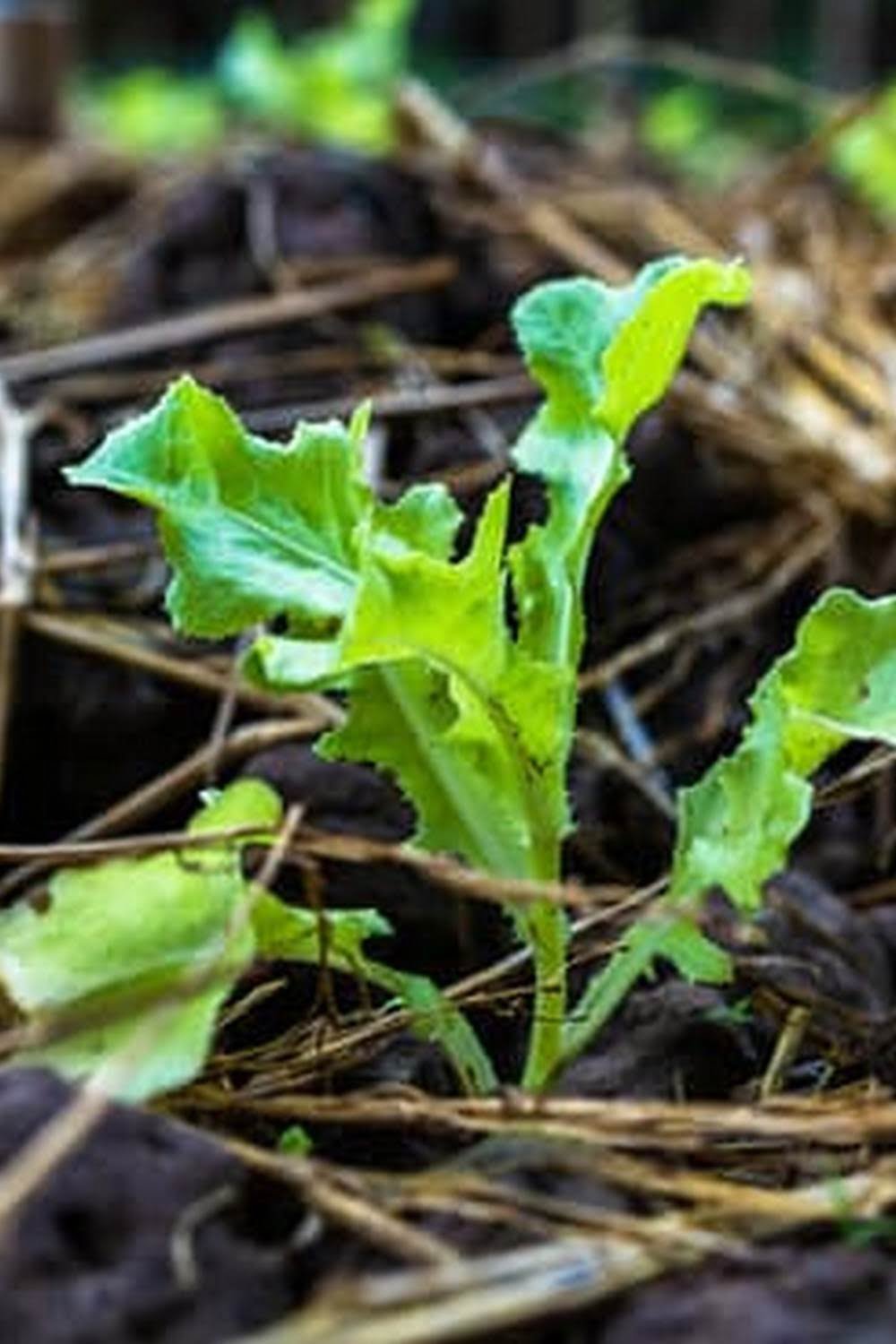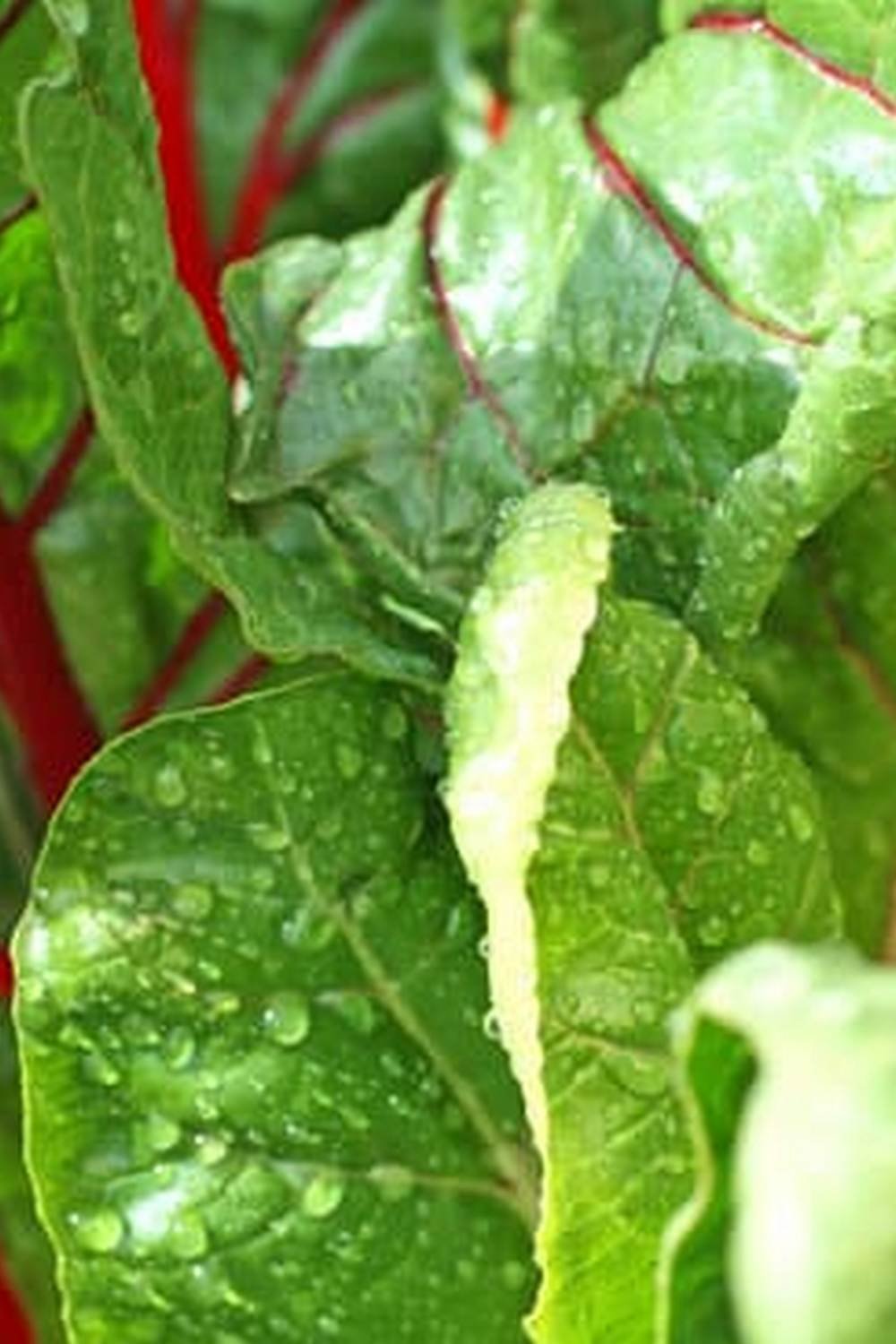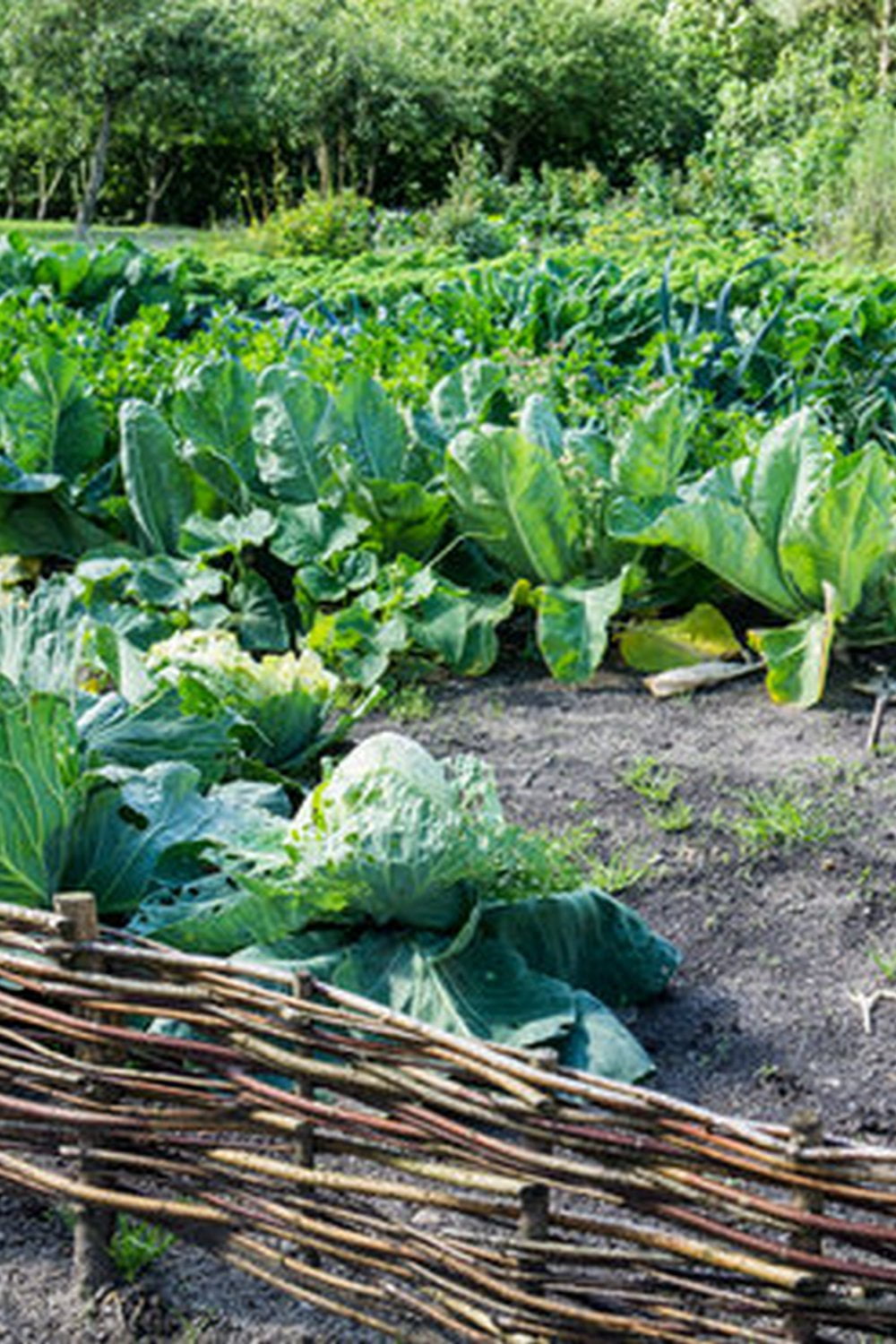Introduction
Vegetable gardening has become increasingly popular in New Jersey, especially among the home-grower community. The combination of rising grocery prices and the need to eat more healthily has encouraged people to take liberties with their land and produce fruits and vegetables right in their own backyard. Not only is vegetable gardening a financially wise move, but there are also numerous benefits such as improved air quality and creating a safe space for family members to enjoy. For those ready to jump into the vegetable garden scene in NJ, understanding when to plant is key.
Knowing When To Plant: Knowing the Optimal Planting Seasons
In general, it’s best for gardeners to think about planting in divisions of early spring (March-April), late spring (May-June) and summer harvest (July-August). It’s important for New Jersey residents to pay attention to their local Cooperative Extension Service or look up an online planting calendar specific to their region. Some warm season crops such as tomatoes, squash, eggplant or peppers should wait until soil temperatures reach 55 degrees Fahrenheit; this usually occurs in late May or June. Cold season crops like lettuce, carrots or kale can be planted in late March or mid April. All other vegetables fall somewhere within these ranges. Depending on how cold it gets in winter months, some vegetables may need extra protection when temperatures drop below 20°F°; otherwise they will not survive over winter months. Additionally, planning ahead so that you maintain crop rotation and practice succession planting is another good strategy that keeps your garden healthy season after season.
Early Spring Vegetables
The best time to start planting a vegetable garden in New Jersey is in the early spring. Aiming for late March through the first week of April will ensure your vegetables are set up for success come harvesttime. As the soil warms and days grow longer, you can begin to sow seeds or transplant cold-tolerant plants like onions, peas, radishes, kale, and spinach into your vegetable patch. If you live in one of the northern counties such as Sussex and Morris where frost is more common, wait until mid-April when temperatures warm up before planting these items.
Throughout April, continue sowing early spring vegetables like lettuce, carrots, beets and baby-greens mix. Early May is an opportune time to get started on plants that need warmer weather like tomatoes or cucumbers. Most years peppers can go into the ground at this time as well since they thrive with sustained heat but may need covering during a late frost. Allies in the Garden’s NJ Plant Map is an excellent resource for determining when it’s safe to plant certain veggies throughout the state based on your Zip code.
Late Spring Vegetables
Late spring is an ideal time to plant a vegetable garden in New Jersey. This season’s temperatures provide warmth and plenty of sunshine for gardeners eager to get their hands dirty and start planting from mid-April through early July. During this time, the soil has warmed up enough for roots to really take hold and plants will thrive when given plenty of sun, water, and food. Many cool weather vegetables can be planted at this time including lettuce, peas, radishes, kale, spinach, beets, carrots, cabbage, cauliflower and broccoli. Later in the season warm weather vegetables such as tomatoes, peppers, corn, squash and zucchini are also suitable for planting.
For the best results in a late-spring vegetable garden it is important to follow specific practices that allow beneficial insects like bees or ladybugs to flourish while repelling disease-causing pests such as aphids. Spacing seedlings strategically helps keep all of your plants healthy by allowing them space to grow freely and become established before overcrowding takes over. Along with proper spacing take the time to rotate crops religiously – growing only one type of plant in the same location each year prevents the replenishment of old diseases in soil already utilizing depleted nutrients from prior seasons’ growths. Additionally use organic compost or mulch around vegetables which helps reduce weeding while simultaneously preventing water loss from evaporation which can dry out vegetation prematurely during hot days. Finally put netting around encasing rows of vegetables which keeps birds from eating ripe produce before you have a chance too!
Summer Vegetables
In New Jersey, summer vegetables should generally be planted between May and June depending on the variety of crop. For example, warmer season plants like tomatoes, peppers, and squash are best planted in mid-May when the soil has warmed up to 65F degrees or higher. These plants will thrive in warm conditions and can tolerate cooler temperatures better than cool season crops. However, they must be protected from extreme heat by providing ample shade during hot afternoons.
For a full summer harvest, plan ahead by staggering your warm-season vegetable planting days. This can easily be done by waiting a week or two between planting successive crops of tomatoes, peppers and squash. Heat tolerant varieties should also be chosen for better success in the garden. Cooler season vegetables like lettuces and green beans are best planted in late spring to early summer; however, these crops should not be left too late in the season if you want to avoid bolting from the summer heat.
It is also important to avoid high temperatures when planting seeds as this can harm their germination process. Early morning or late afternoon when temperatures are lower is best for direct seeding in New Jersey’s climate. Appropriate spacing needs to be kept between rows to allow air circulation with adequate water provided around fruit bearing plants such as tomatoes and peppers which need steady moisture throughout their growing cycle. Mulching around plants can help keep root zones cooler while conserving moisture levels in the surrounding soil. Keeping up regular maintenance while monitoring weather patterns is important in achieving a successful vegetable garden in New Jersey throughout the summer months!
Fall Vegetables
New Jersey has a wonderful climate when it comes to gardening, particularly for growing vegetables. Planting in the fall allows for a harvest before winter sets in, providing you with fresh produce like kale, Brussels sprouts, broccoli, beets and cabbage. However, timing is everything when planting a vegetable garden in NJ. In order to maximize your harvest, it’s important to familiarize yourself with when and how to plant each type of vegetable in your region.
Fall vegetables can typically be planted from late summer through early autumn (August-September). It’s best to plant cool weather crops like carrots, turnips and radishes first mid-summer (July-August) while leaving heat loving plants like peppers and squash until late summer/early fall (August-September). Moreover, many gardeners take advantage of shorter days and cooler temperatures of early autumn by adding warm season crops like tomatoes and beans late September-early October. For example: In South Jersey you can plan on planting seeds after August 13th whereas North Jersey September 15th is favorable for sowing seeds. As long as temperatures stay above 40 degrees Fahrenheit all germination will happen naturally by itself.
Along with knowing the ideal planting time for various types of fall vegetables it’s also important to know about potential pests and diseases that can affect your crops during this season. Pests such as slugs, aphids and cabbage worms are prevalent during fall months so it’s important to use preventative measures such as covering plants with row covers or treating them regularly during the entire growing period . Disease prevention techniques include proper watering techniques from the bottom up (avoid overhead watering), rotational cropping (especially for tomatoes & peppers), crop sanitation/cleanup at end of season, etc. Taking these activities into consideration enable you to combat bugs & disease before they start plaguing your vegetable garden
Tips for Choosing the Right Varietals for New Jersey
When it comes to choosing the right varietals for a vegetable garden in New Jersey, there are a few factors to consider. First, select vegetables that grow best during the cool spring and summer seasons of this region. Cool-season vegetables such as broccoli, cabbage, carrots, turnips and lettuce should be planted early in spring so they can mature before the hottest part of summer. For winter harvests, plant garlic and root vegetables like potatoes in late summer or early fall.
In New Jersey, there are a variety of options when selecting a vegetable species depending on soil conditions, local climate preferences and personal tastes. With over thirty days of frost-free temperatures each year, vine crops such as squash, cucumbers and melons do well when planted in May or June when nighttime temperatures remain consistently around 50°F (10°C). Plants that thrive in warm soils such as lima beans and okra should be started later in mid-summer after daytime temperatures reach 85°F (29°C).
Vegetable gardens containing greens like spinach or lettuces can also benefit from regional planting tips if given space to accommodate their large root systems. Quick-growing varieties like arugula or radishes make great companions for tomatoes and other slow growing plants if given the proper timing; whereas leafy greens with longer maturation times such as kale or collard greens should be started further ahead so they might produce before winter sets in.
In short, carefully consider what will work best for your particular location by looking at soil pH levels as well as average day length timeframes of approximately 12 hours needed for most vegetables during peak sunlight exposure hours. If unsure about what to plant, seek advice from local nurseries and garden centers that are familiar your specific microclimate region’s capabilities.
Preparing the Soil for Garden Success
It is important to condition the soil of a vegetable garden in New Jersey (NJ) before planting. Fall-tilled soils tend to produce more productive gardens than those that are tilled in spring. Prior to tilling, it is essential to test the soil pH and nutrient levels. The addition of compost before or during tilling improves soil fertility and texture. Once the soil has been amended, amendments should be added as necessary prior to planting.
Fertilizing in NJ can be a complicated process but if done properly, it can help the vegetable garden reach its highest potential for yield and quality. Inorganic fertilizers provide quick release nutrients that can boost plant growth early in the season; however, they must be used carefully as over application can damage crops and lead to contamination of water supplies. Organic fertilizers, while not providing as fast a boost, are still beneficial, providing nutrients slowly over time so that crops receive predictable nutrition throughout the growing season while helping retain moisture in the soil. When using any fertilizer, it is important to follow instructions carefully and apply only when necessary to avoid damaging plants and environment. Additionally, mulching your garden with organic matter like grass clippings or hay will help retain moisture in the soil and add an additional slow release of nutrients over time as it decomposes.
Conclusion
The best time to plant a vegetable garden in New Jersey is typically between the last frost date in spring and early summer. This allows for ample time for the vegetables to mature before cold weather sets in during autumn. When planting, be sure to choose seeds/seedlings that are suited for the New Jersey climate and local environment. Planting in early spring means you can benefit from the long growing season New Jersey offers, giving your vegetables plenty of time to mature and produce. Additionally, it’s important to use appropriate techniques when prepping soil for planting by doing things like tilling, potting on raised beds or using mulch to create a rich and healthy soil base. Finally, pay attention to weather conditions as you continue tending your garden throughout the season; this includes regular watering, weeding and harvesting at the right times when crops are ready. By following these tips carefully, you should end up with an abundant harvest of nutritious vegetables at the end of the season!

If you’re looking to get into vegetable gardening, or are just looking for some tips on how to make your current garden better, then you’ve come to the right place! My name is Ethel and I have been gardening for years. In this blog, I’m going to share with you some of my best tips on how to create a successful vegetable garden.





